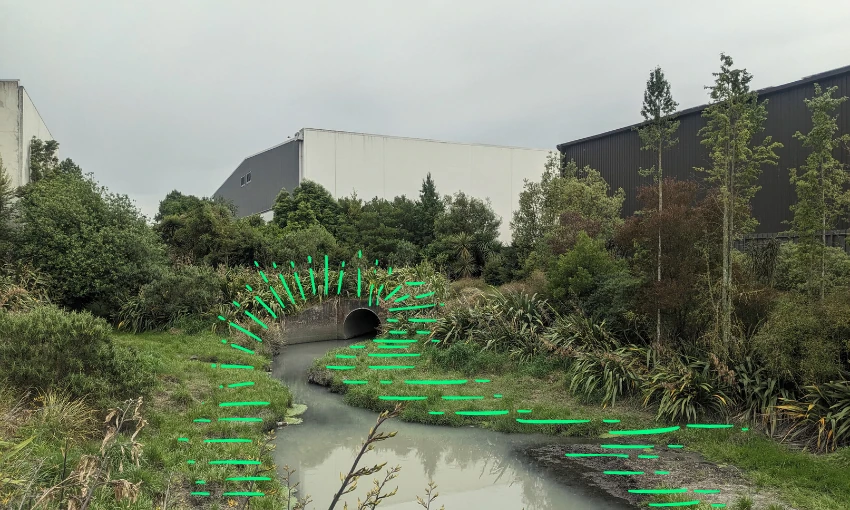Copyright stabroeknews

As the Pinball Effect of Artificial Intelligence (AI) becomes more influential, constantly changing numerous variables in our daily lives, it is accompanied by a wave of uncertainty. It appears as though not even the experts in their respective fields, are able to foretell outcomes or consequences with any degree of accuracy, since there is a limited knowledge on which to base predictions. This state of flux has its most debilitating effect on the job market, creating an atmosphere of mistrust as we incessantly pry for answers to the difficult situations we find ourselves trapped in. Human beings are creatures of habit and thus it is only natural we find uncertainty discomforting, especially since it pitchforks us outside the web of our comfort zone cocoon. As we age we tend to narrow the selection of the pathways of our lives, focussing on fewer avenues of thoughts and pursuits. We are apt to become fossilized in a career in a particular industry. Thus, when we are confronted with a major upheaval in life, such as job loss, more often than not, we are unprepared to deal with it. It is duly noted that risk and uncertainty are not interchangeable concepts. The American Economist Frank Knight states that risk is something which can be measured and quantified, and that the risk taker can take steps to protect himself. Uncertainty, on the other hand, does not facilitate taking such initiatives since no one can accurately forecast future events. There is always an option when it comes to risk taking, which may result in a loss or a gain since the probable outcomes are known. Whereas uncertainty is a circumstance with unknown probabilities. However, a wave of new scientific discoveries has revealed that learning to face up to uncertainty in rapidly shifting times is a promising antidote to mental distress. A growing body of evidence and a range of new interventions suggest that skillfully managing uncertainty when dealing with new or unexpected developments is an effective treatment for anxiety and a mark of astute problem-solving ability. Researchers at Ohio State University College of Medicine conducting studies on the Covid pandemic presented links between uncertainty and flourishing. They found that adults who scored high on a measure of “intolerance of uncertainty” tended to struggle with stress and anxiety during the pandemic. Like personality tests, uncertainty intolerance assessments gauge a person’s tendency to see unknowns as a threat rather than a challenge. “Life is inherently uncertain, and if you have difficulty dealing with that, you will have difficulty dealing with life,” notes Dr Michel Dugas, a professor of psychology at the University of Quebec, and a leader in the study of uncertainty and mental health. Further research reveals that tolerating and even delighting in uncertainty helps us to accept life’s unpredictability and prepares us to learn and adapt. The human brain utilises honed mental models as to how the world functions, which are used to process a changing environment. When we encounter the unexpected, a neural “prediction error” signals a mismatch between what we assumed would happen and what our senses inform us. Yet, our uneasy sense of not knowing triggers a host of beneficial neural changes, including heightened attention, bolstered working memory and sensitivity to new information, as we update our knowledge of the world. Further research in the field of uncertainty recognises that the concept can strengthen our ability to think in depth. Senior Scientist Dr Paul K.J.Han, who studies uncertainty in medicine at the US National Cancer Institute, observed that it is “all about resetting our expectations of what knowledge is” and developing “a culture of uncertainty tolerance,” where open-mindedness, flexibility and curiosity offered by being unsure are sought. Dr. Han, in conjunction with Norwegian colleagues, trains medical students and physicians to harness uncertainty by investigating multiple sides of a medical question to which there is no one answer, to find, not merely the first solution, but the best one. Here, we seem to be perpetually in a state of uncertainty and lacking the ability to think our way out of our problems.



